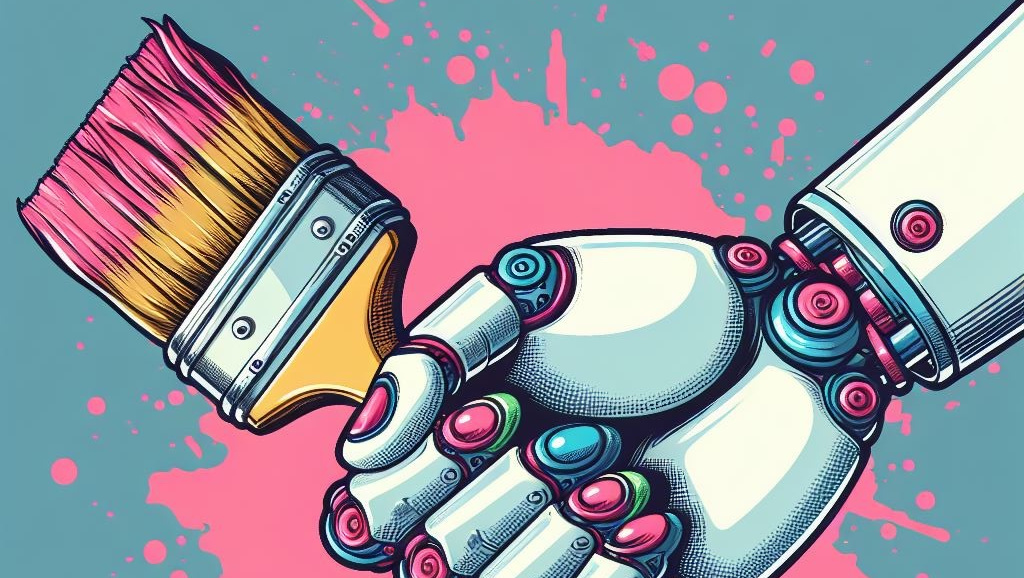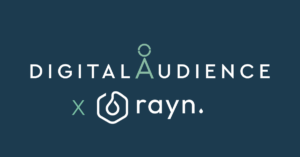What does the Ad Industry Make of Meta’s Ad Automaton Plans?
by on 10th Jun 2025 in News

Do Meta’s plans to fully automate the advertising process on its platforms hold potential, or are they asking for trouble? We asked experts across the advertising ecosystem for their opinions.
Last week, Meta announced big plans that it aims to fulfill by the end of next year: entirely automated ad creation using AI.
Although Meta already provides advertisers a range of AI tools which can generate variations of existing ads and make changes to them before targeting users on Facebook and Instagram, these newly announced ambitions take automation to the next level.
By the end of 2026, Meta wants to give advertisers the option to hand over the full creative process to AI. No ideas for an advertising concept? Not to worry, Meta will soon be able to take care of that. Meta wants its AI to be able to help brands create advertising concepts from scratch.
The reality is that if advertisers want to rely on AI for their creative ideas, they can already do so with existing AI tools. The same goes for the creation of those ideas, when it comes to bringing images and video to life. But this move is big: it allows advertisers to hand over the entire advertising process to just one platform, from the very birth of a concept all the way to audience targeting. It completely removes the need for any significant human intervention. It encourages advertisers to give the reins to AI when it comes to crafting creative concepts.
Brand safety risks and diminishing creativity amid an AI slop surge
Meta’s plans certainly make some sense: on our podcast last week, Christophe Jammet, managing director at agency Gather, said the move was somewhat a “natural progression” of AI.
Yet, during the discussion, he and ExchangeWire research lead Mat Broughton, examined the potential negative consequences of the planned automation. Jammet acknowledged the significant brand safety risks of leaving the creative process to AI, as well as highlighting the power of human empathy behind effective advertising.
Broughton echoed this sentiment: “It’s your creative, your brand, your messaging. Why would you outsource that to someone else?” It’s true – why would you? Your team knows the brand best, it understands the messaging and how it should be used to reflect a particular image. It’s a poor decision to hand over all creative agency to an AI tool which will likely just amalgamate basic ideas, lacking genuine thought or uniqueness.
Taking this into consideration, the move sounds like a one-way ticket to a social media ecosystem filled with (even more) AI slop.
Elsewhere, Barney Worfolk-Smith, founder and chief growth officer at DAIVID, expressed particularly negative feelings towards the move. “The amount that I dislike this is matched only by how sure I am that it will be a rampant success,” he said. “Marketers like neat packages and whizzy graphs, and Meta delivers this as a counter to the messiness of the real world that marketers should deal with.” He believes the move is “a shortcut to poor effectiveness, mediocrity and a sea of sameness. This isn't Meta just marking their own homework. This is them setting the curriculum, doing the homework, marking it and then going to the parents' evening.”
Additionally, using AI during the creative process also comes with a risk of replicating possible biases found in existing AI tools. Michaela Rairata, client growth director at Nano Interactive, expands on this idea. “There’s also the issue of quality control and bias. Left unchecked, automated systems can miss the mark or even reinforce harmful stereotypes,” she warns. “To get the most out of AI, we need smart tech paired with human oversight from start to finish. AI should be supporting humans to create even better work, not replacing humans altogether.”
Targeting trouble
Where else will we be able to see the impact? Nick Flood, Kindred’s chief operating officer, said the lack of human oversight is likely to lead to problems surrounding context, targeting integrity and measurement accuracy. According to Flood: “The impact will be far-reaching, reshaping agency workflows, compressing timelines, and pressuring overheads across the ad ecosystem.”
Similarly, Phoebe Dixon, social media account director at agency 26PMX, comments on the targeting issues that Meta’s proposed ideas could cause. She notes that while Meta’s AI tools are typically reliable in finding best-fit audiences and optimising creative, the increased use of automation will limit certain insights. “The details of set-up are still under wraps but if it follows suit of things like Meta’s Advantage+ suite of features, it could mean brands lose detailed audience insights like cohort performance, or may lock brands into targeting that is too broad for a niche product set,” she said.
From creators to curators?
Frederic Liow, chief revenue and operations officer at AlgoriX, also stressed the importance of human oversight. He stated that algorithms “lack cultural nuance, emotional intelligence, and the storytelling depth needed to build long-term brand equity.” The way Liow sees it, Meta’s move signals a shift for advertisers, from the role of creator to curator. “As AI takes on more execution, marketers must define guardrails, set strategic direction, and interpret outputs. Human oversight is essential not just to guide automation, but to preserve what makes a brand distinct. The future isn’t fully automated. It’s AI-augmented, human-led,” he comments.
The copyright debate rears its head again
On another note, as AI-generated content becomes more widespread, the copyright debate rears its head again. Meta says its AI tools will be able to create concepts from scratch – but what does from scratch really mean, in this context? Ideas from other campaigns, other brands, and other advertisers, are sure to be a source of inspiration (using the word inspiration very generously). Realistically, it will be impossible to know where the AI’s inspiration has been drawn from. More explicitly, someone’s image or voice, for example, could be used without their consent.
This brings us back to the pressing need to establish clear guardrails around copyright and AI. The current lack of these leaves many questions unanswered, and allows for the work of creatives to be exploited.
What should advertisers do?
With AI-generated content on the rise, many consumers are becoming more cautious about who and what they can trust. Alice Beecroft, senior director of global DSP and partnerships at Yahoo, highlights the importance of transparency: “Without this, advertisers risk alienating audiences and limiting advertising impact.” She also expands on the importance of human oversight: “While AI has proved its effectiveness at creating dynamic and impactful creative content, a human touch will always be essential. The use of AI is all about augmenting human creativity, not replacing it, so guardrails and human oversight will remain necessary for the foreseeable future.”
According to Kiran Uppal, VP, creative insights at Nexxen Studio, the secret is striking the right balance between AI and humans. “For advertisers, the opportunity lies in embracing a hybrid model: using AI for iteration and insights, while keeping people at the helm of strategy and narrative,” she explained. As more of the advertising process becomes automated, she added that “brands will need to work even harder to ensure their messaging feels authentic, distinctive and emotionally resonant. Because in a sea of machine-made content, human creativity will remain the most powerful differentiator.”
A unanimous vote for human oversight
Most industry members agree that human oversight is still very much needed in advertising, even as we advance to a point in which it won’t be technically necessary. That is reassuring, at least. Considering industry members’ criticism of Meta’s plans, we can probably also assume that many advertisers will not be rushing to implement full automation in their ad campaigns on Meta’s platforms. Although, advertisers with smaller budgets will likely be those more enticed by the cost-saving benefits.
It will certainly be interesting to see how the idea works in practice. Will Meta manage to train its AI to churn out millions of clever, effective ads? Or will it result in a slew of AI slop all over social media? We can’t yet know for sure, but I’d bet on the latter.








Follow ExchangeWire